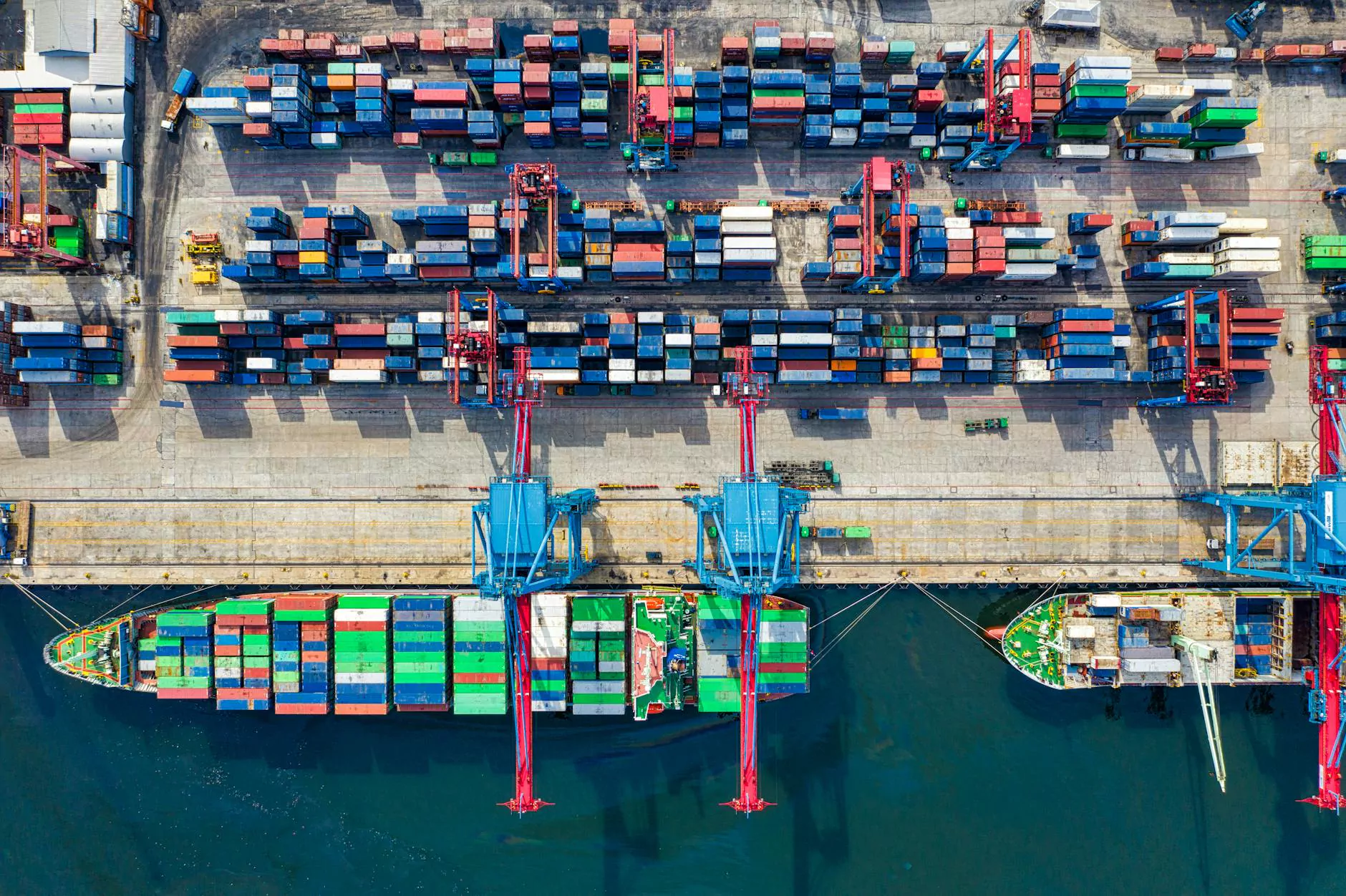Foreign Trade Zones Benefits and Supply Chain
Blog
What are Foreign Trade Zones (FTZs)?
Foreign Trade Zones, commonly referred to as FTZs, are specific geographic areas within the United States that are considered outside the U.S. Customs territory for the purpose of tariff laws and customs regulations. These zones are designed to facilitate international trade and attract businesses by providing various benefits and streamlining import-export processes.
The Importance of FTZs in Your Supply Chain
Integrating Foreign Trade Zones into your supply chain can bring numerous advantages to your business, allowing you to gain a competitive edge in the global market. By strategically leveraging FTZs, you can optimize your supply chain operations and enhance your company's overall efficiency and profitability.
1. Duty Deferral and Reduction
One of the key benefits of FTZs is the ability to defer or reduce import duties and taxes. When importing goods into an FTZ, you can delay the payment of duties until the goods leave the zone and enter the U.S. customs territory. This can significantly improve your cash flow and provide you with a financial advantage over your competitors.
2. Streamlined Customs Procedures
FTZs offer simplified and expedited customs procedures, making it easier for businesses to navigate complex international trade regulations. Customs inspections and paperwork are often more efficient within FTZs, allowing for faster clearance of goods and reduced administrative burden.
3. Enhanced Supply Chain Flexibility
Integrating FTZs into your supply chain offers greater flexibility in managing inventory and responding to fluctuations in demand. FTZs allow for the storage, assembly, manufacturing, and distribution of goods without being subject to certain customs rules and regulations. This flexibility can lead to a more agile and responsive supply chain, saving both time and money.
4. Improved Cost Savings
Operating within an FTZ can result in significant cost savings for businesses. By deferring duty payments, reducing duty rates, and streamlining customs processes, you can effectively minimize expenses associated with international trade. These savings can be reinvested, allowing you to allocate resources to other critical areas of your business.
5. Customs Duty Exemption on Re-Exports
One of the unique advantages of FTZs is the exemption from customs duties on goods that are re-exported from the zone. If your business involves importing, processing, and re-exporting goods, operating within an FTZ can help you eliminate unnecessary duty payments, increasing your profit margins.
6. Increased Supply Chain Security
FTZs play a vital role in enhancing supply chain security. These zones are closely monitored and regulated by various government agencies, including Customs and Border Protection (CBP) and the Department of Homeland Security (DHS). By operating within an FTZ, you can benefit from heightened security measures, reducing the risk of unauthorized activities and ensuring compliance with trade regulations.
Final Thoughts
Incorporating Foreign Trade Zones into your supply chain can yield numerous advantages for your business. By capitalizing on the duty deferral and reduction, streamlined customs procedures, enhanced supply chain flexibility, improved cost savings, customs duty exemption on re-exports, and increased supply chain security, you can optimize your global trade operations and gain a competitive edge in the market.
At Denaro Anthony D Atty, we specialize in assisting businesses with their legal needs in Foreign Trade Zones. Our team of experienced attorneys can provide expert guidance on how to best leverage FTZs to maximize the benefits for your supply chain.
Contact us today to learn more about how integrating FTZs can transform your supply chain and boost your company's success.




